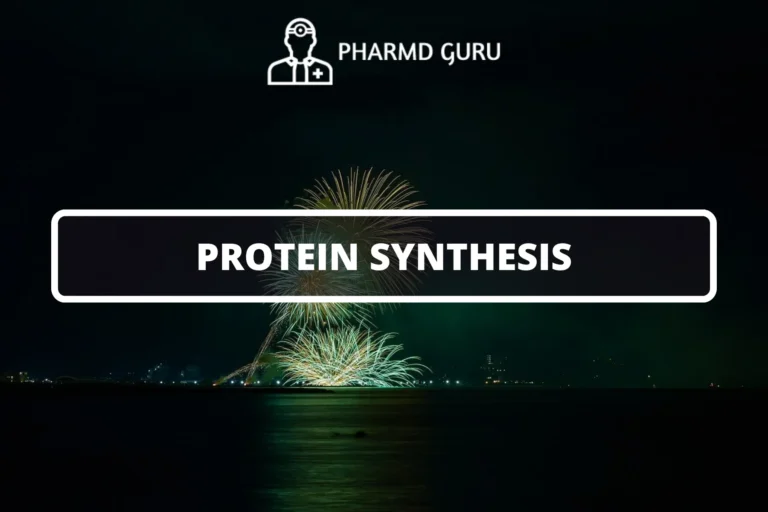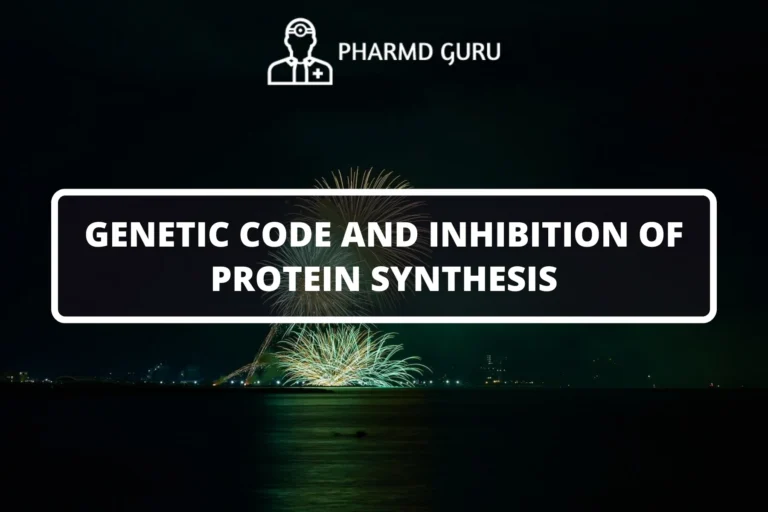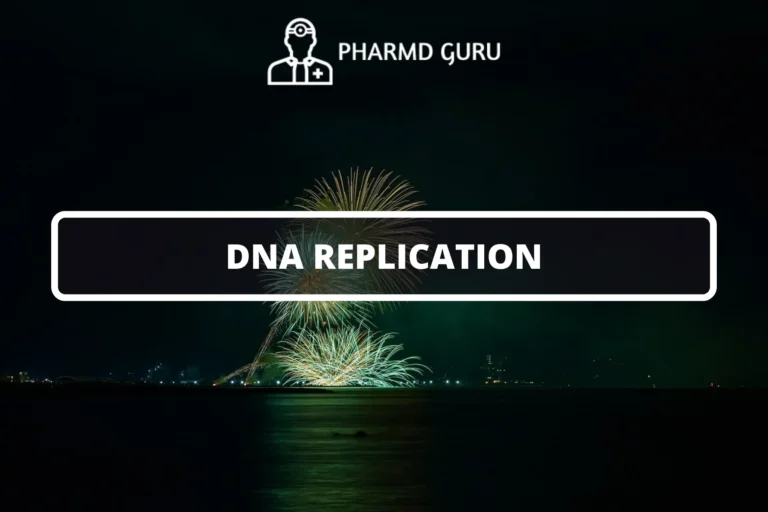
PROTEIN SYNTHESIS
Protein synthesis is a fundamental cellular process that enables the production of proteins, the key molecules responsible for carrying out essential functions within living organisms. It involves the conversion of genetic information encoded in DNA into functional proteins. In this…







